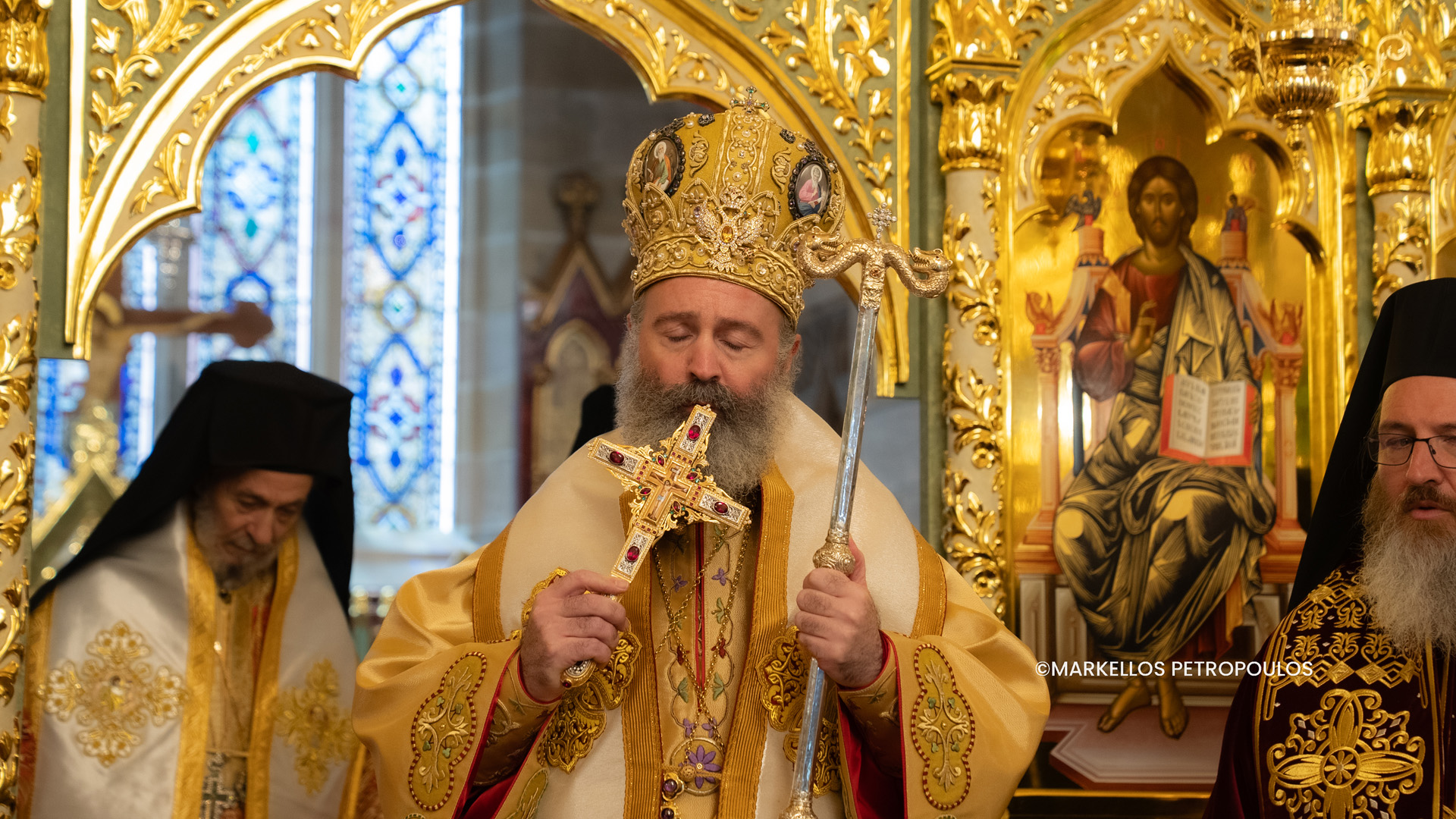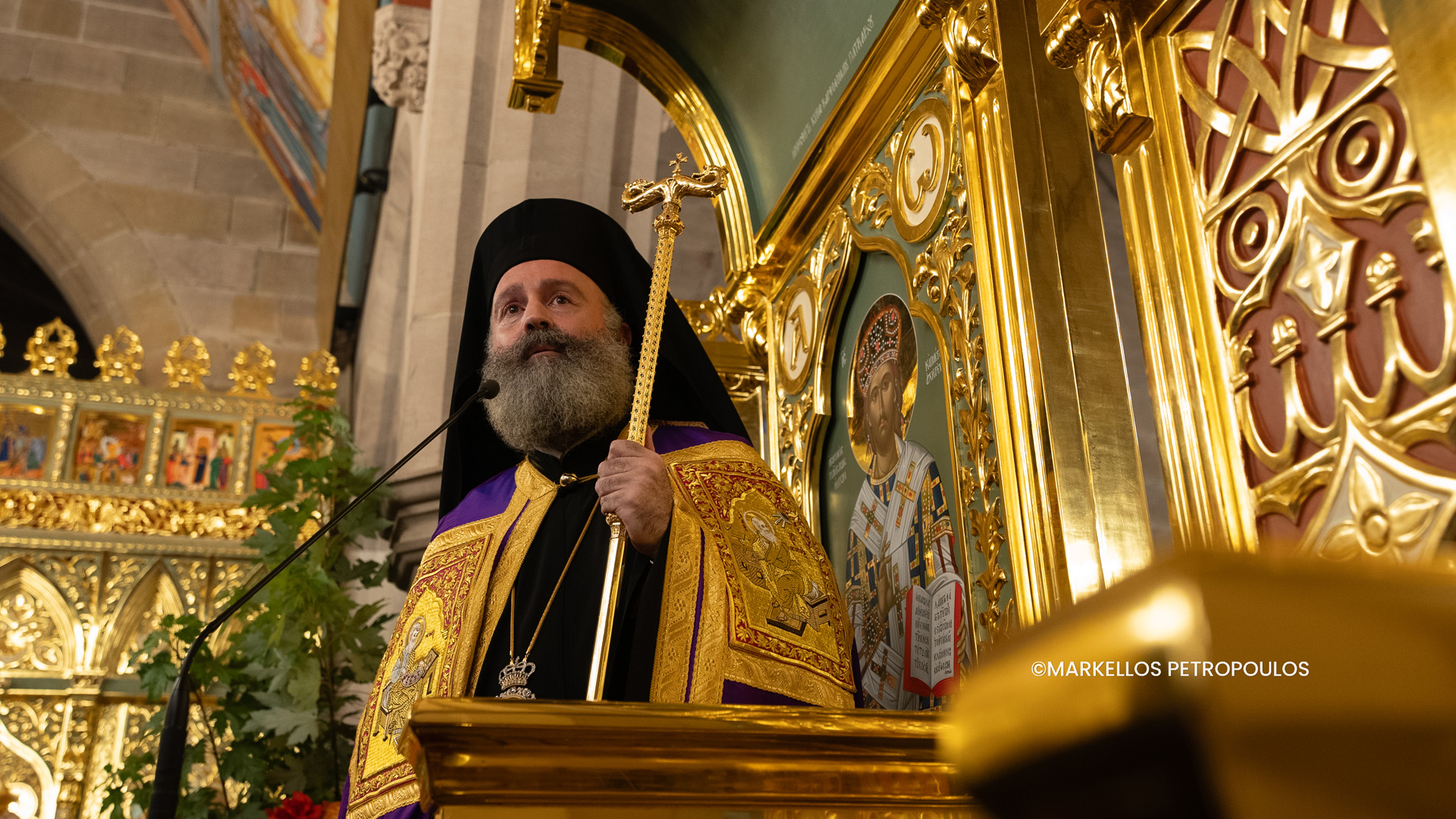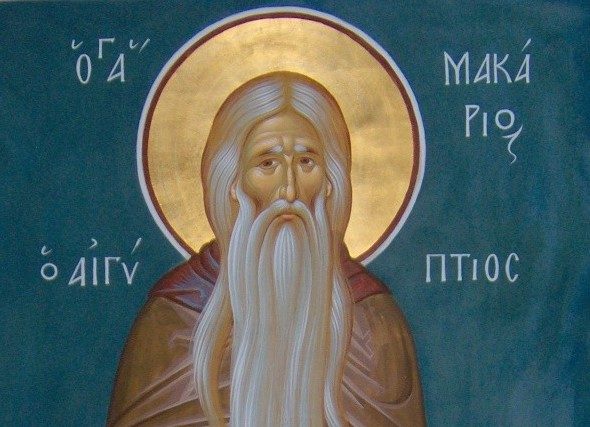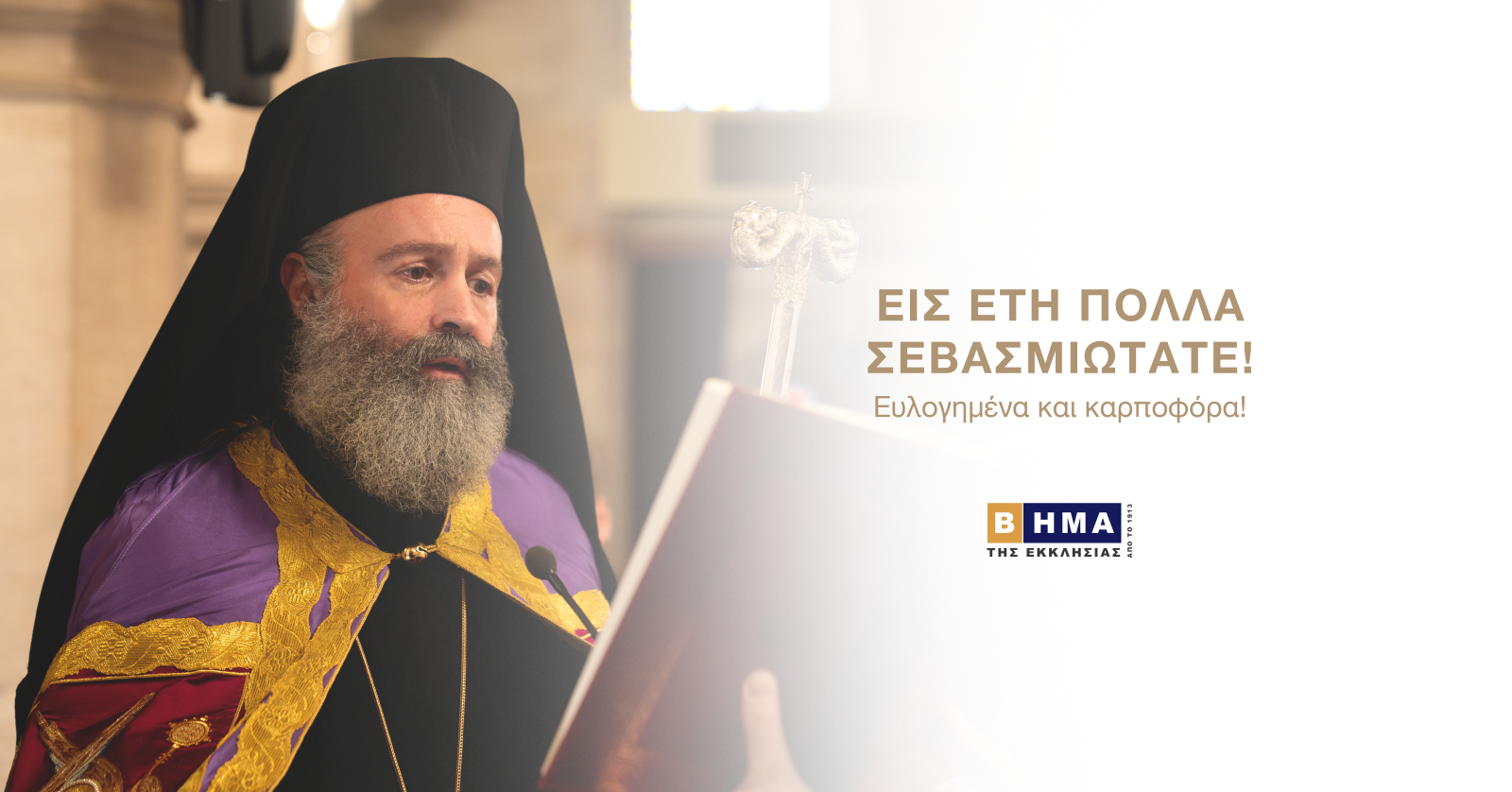Saints Parthenios and Evmenios, Founders of Koudoumas Monastery (10 July)
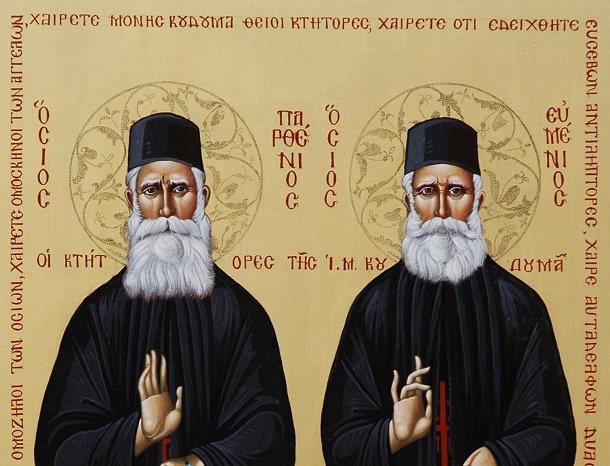

Parthenios and Evmenios, who built Koudoumas Monastery, were brothers from the village of Pitsidia, near Matala and Phaistos on the island of Crete.
Parthenios was born in 1829 and his brother Evmenios in 1846. Their parents were Harilaos Haritakis from Pitsidia and Maria Androulaki from Lochria in Rethymno.
The children, baptized Nicholas (Parthenios) and Emmanuel (Evmenios), quickly showed their love for the Church and monastic life, changing their names when they entered the monastic life. This occurred in 1858, when they left to become monks following the death of their father two years earlier. Their mother refused to give her blessing when she was informed her sons wanted to follow the monastic path, until a miracle occurred that changed her hesitant stance. One day she wanted to bake bread, and asked her sons to go out and bring wood to light the oven. In order to show their mother that their choice was guided by God, they encouraged her to put the loaves in the oven without a fire and allow them to bake in this way. Indeed, the miracle happened and their mother no longer was hesitant that their monastic calling was from God.
They became monks at Odigitria Monastery, with Nicholas taking the name Nestor on 27 August 1862 and Emmanuel taking the name Methodios in 1865. They later became hermits in the sacred caves of Martsalo, where many came seeking their guidance. In 1867 the abbot of Odigitria Monastery gave them the Great Schema, which is when they took the name Parthenios and Evmenios. In 1868 Evmenios was ordained deacon, and in 1870 he became a priest in the same Monastery. When a new abbot for the Monastery was chosen, Agathangelos, he attributed the decline of the Monastery to Martsalo and the ascetics who lived there. The Holy Fathers thus decided that it would be best for them to leave rather than be treated unfavorably. Over the next four years they lived as hermits in the Koudoumas area, where they lived in St John’s Cave, St Anthony’s Cave, the Avvakospilio (Hermits’ Cave) and a smaller one next to it.
It was during this time the Panagia appeared to St Parthenios and asked him to build Her monastery at Koudoumas.
The two brothers were destitute and building a monastery seemed impossible, but local people helped the monks, who were famous for their sanctity and the miracles worked by Parthenios, in every way they could. The Church was completed in 1895. They received advice on how to organize their Monastery from Monk Gregory Chrysoulakis, who came from Vatopaidi Monastery on Mount Athos. This monk also donated to Koudouma Monastery many books and vestments.
Many miracles are attributed to St Parthenios, such as when he drove away the locusts devouring the crops in Kerame in Rethymno, when he filled the beach of Koudoumas with dressed stone for building the Monastery after builders were ready to abandon the project due to the inappropriate stones in the area, when he made the seawater sweet, and many others. These are all found in the book “Saints Parthenios and Evmenios and Koudoumas Monastery” by Archimandrite Chrysostomos Papadakis, on sale in the monastery.
Parthenios reposed on 5 September 1905. Before he reposed he sat up a little on his bed, and made a move with his hand as if he embraced another hand, saying: “Wecome, my Panagia!” This was testified by Monk Ignatios of Koudoumas Monastery in 1978. In 1907 the relic of St. Parthenios was transferred to the Church of the Panagia. Evmenios continued the work of his brother Parthenios, and in 1920 he also reposed in the Lord. The relics of the two saints are housed in Koudoumas Monastery and are exhibited to worshipers on great feast days. They were canonized on July 8, 2007 by the Ecumenical Patriarchate and are celebrated annually on July 10th.
Koudoumas Monastery
Koudoumas Monastery (Moni Koudouma in Greek) is a male monastery founded by the monks Parthenios and Evmenios, on the few ruins of an older 14th-century monastery (Venetian Period). Venetian documents refer to the old monastery as the “Monastery of Christ”, but it was later abandoned, perhaps due to pirates, and fell into ruin.
When Parthenios and Evmenios came to Koudoumas, only the small church of the old monastery remained. This became the Katholikon of Koudoumas Monastery dedicated to the Panagia.
The construction of Koudoumas Monastery took place from 1878 to 1895, with money and voluntary work offered by the local inhabitants.
The craftsmen and all those who helped in the building of the monastery lived in the caves in the west wall of the gorge, opposite the monastery and higher up.
There have been many additions and repairs to Koudoumas Monastery from that day to this. It contains two churches: the Katholikon dedicated to the Dormition of the Theotokos and the one in honor of Saints Parthenios and Evmenios, whose feast day is celebrated on 10 July. Crowds of people visit the monastery on that date and on 15 August, the festival of the Dormition of the Theotokos, to worship and participate in the great festival.
The Monastery is organized according to an Athonite typikon.
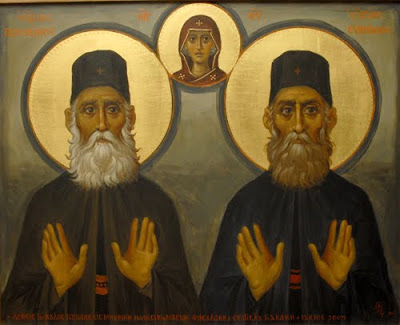

Source: johnsanidopoulos.com




